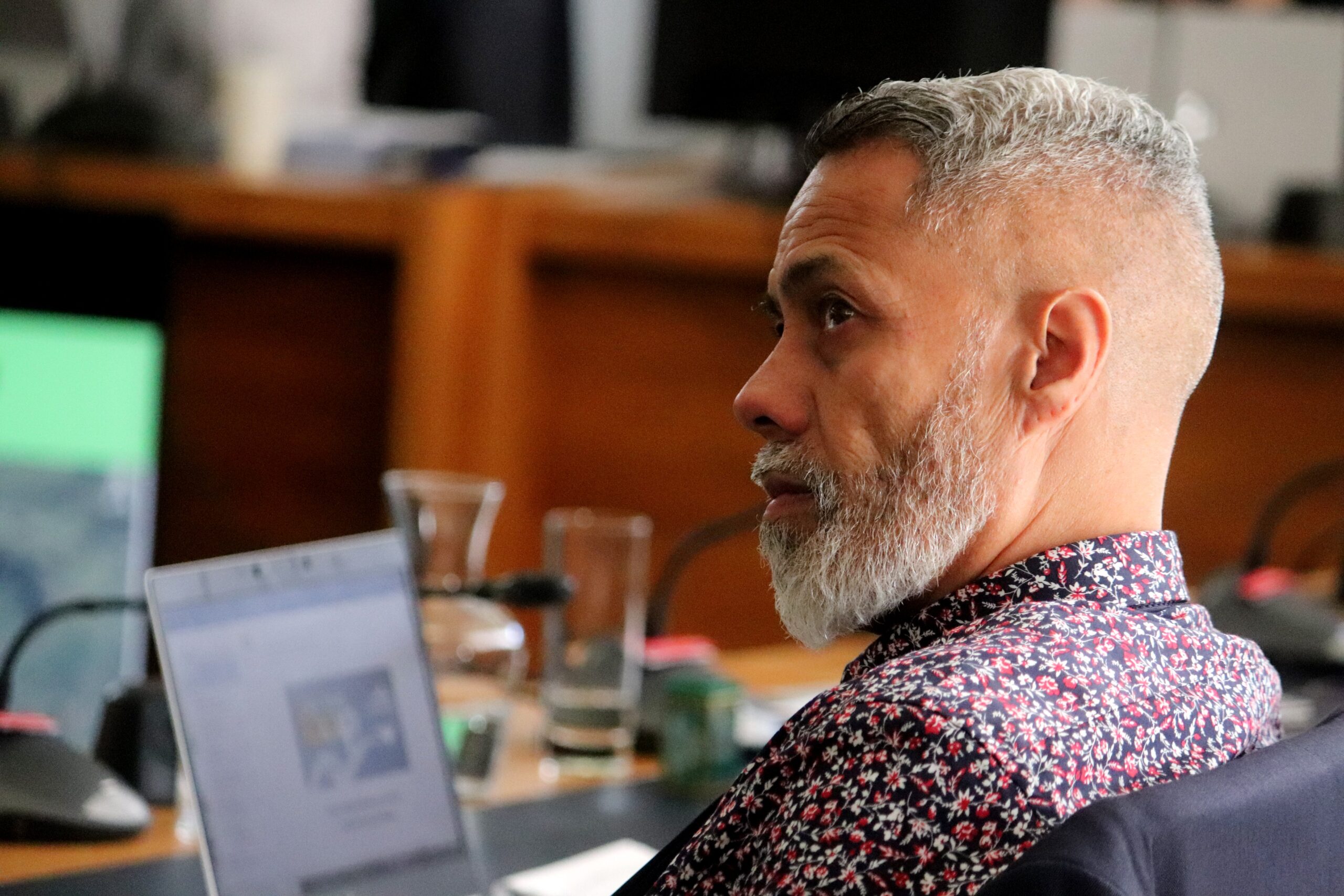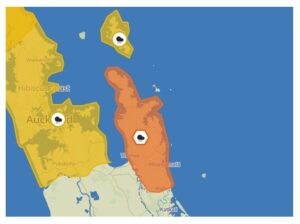Hauraki District Council will talk to iwi and members of the community to better understand the effects of, and the interest in, establishing Māori Wards.
Māori Wards allow voters on the Māori role to elect a representative to their local council.
They sit alongside general wards and, at the 2022 local elections, council said six of the 11 regional councils [54.5 per cent] had Māori constituencies, while 29 of 76 territorial authorities [43.3 per cent] had Māori wards.
At its meeting on April 26, elected members heard the population of Māori within the Hauraki district was roughly 26 per cent. That could equate to two seats around the table.
Paeroa councillor Carole Daley believed council needed to go through the process “from a new perspective” but she also pointed to fellow ward councillor Rino Wilkinson, who became Hauraki’s first ever Māori councillor following the local elections in 2019.
Carole said Rino polled “really, really well” in the 2022 elections. She would like to see more people “like Rino – that have so much to offer” enter council “just the same as anybody else”.
“More should be done to try and encourage people to come in on the ordinary roll,” she said.
Rino, of Ngāti Tamaterā, was the second-highest polling candidate for Paeroa in 2022 with 1414 votes. He earned 1368 votes in 2019.
He is a radio DJ for Nga Iwi FM and a trustee of Te Pai o Hauraki Marae.
He said a difficult aspect for Māori is getting a single person to represent the entire iwi.
“If you appoint someone and it gets approved, most will not listen to him or her, it’s just the way it is.”
He said he was friends with Māori Ward councillors around Aotearoa and some had walked away from their role.
“It’s just been tough. They’ve been bombarded by many critics from within their area and it hasn’t gone down well,” he said. “If I had a chance of going down the Māori Ward [route], I’d most likely refuse it to be honest with you.
“I got voted in through this way and that’s what I like. If people want to follow my journey, step up here,” he said.
To establish Māori wards for the 2025 and 2028 local elections, council needs to make a decision by November, 2023.
There would be preliminary engagement no later than May-July, while the community-wide consultation would run between July and September.
Council said it was important to reiterate that the decision to establish Māori Wards would not be open for submissions and was not reversible through its representation review process.
When Hauraki District Council last completed a representation review in 2018, it opted not to establish Māori wards but to look for other opportunities to improve engagement with Māori.
BY KELLEY TANTAU





